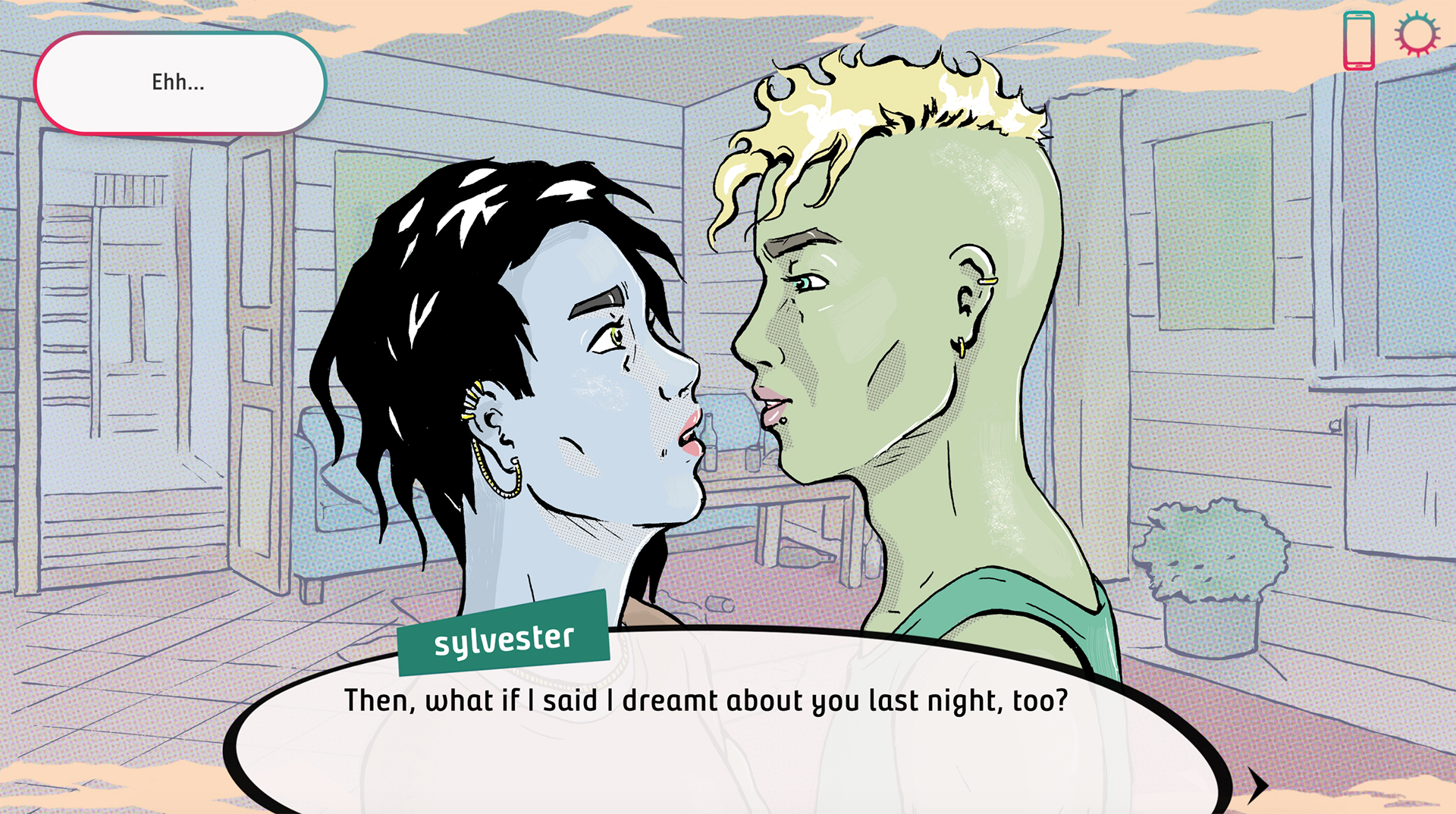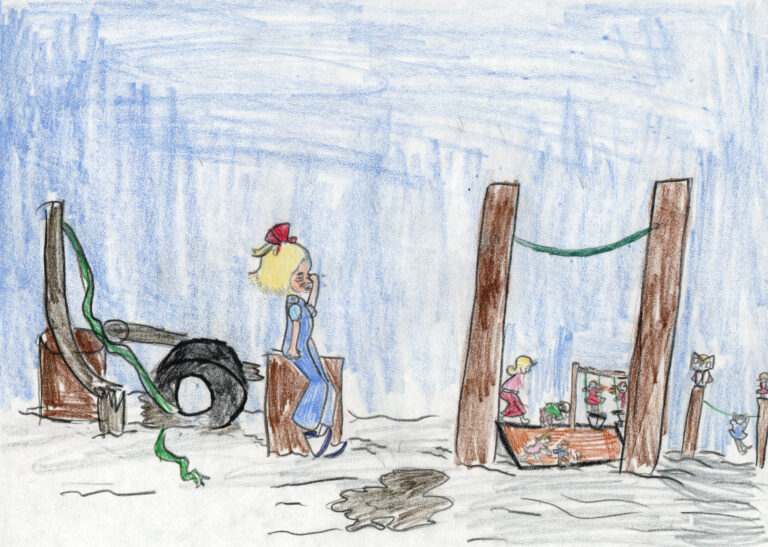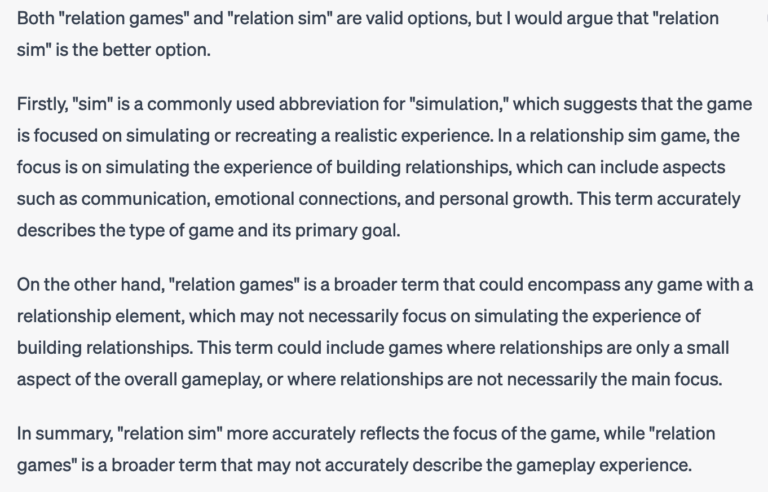
Making Relation Games
3 Comments
Comments are closed.

Recently, I’ve been thinking a lot about the games we make, and what kind of games we want to make. When we started the new company this autumn, we also did a lot of business planning, working on the brand and so forth. Doing that kind of work is something I really enjoy, since it puts a frame around what we do, and makes everything more clear.
When it comes to our games, we plan ahead a lot. That means that as one game is in production, we’ll plan what the next game will be, and also have some ideas about the project coming after that. When choosing what to work on next, we always have a lot of ideas for projects to choose from (and the planning will always change, but that’s to be expected). The selection criteria for a new project looks something like this:
This way of thinking has also made it easier to see a recurring pattern in the game ideas that make us the most excited, the ones we tend to give a green light: They are almost exclusively centered around relationships. And that has led me to believe that (at least for the time being) Transcenders Media make games about relationships, and that’s about it!
Now, this is a huge question. Why do we do the things we do, really? As artists, there are most often some themes that are extra interesting to us, that we will always come back to, and explore over and over from different angles and aspects. For me, people and relationships have always been that kind of topic, something I can see even going back to my childhood and the stories I used to draw and write back then.

The same themes occur also in the novels I’ve written: they’re about how to relate to yourself and others, how to connect and receive what you need. So the topics are kind of given, but different media forms offer very different opportunities on how to go about exploring the subject matters. And that’s where I think games are specifically interesting, since the player will be the one deciding on what to do in the game: it’s in their hands to decide how to use the device we have given them. They will explore the game world and, in this case, the possible relationships they can have in the game, from their point of view and experiences. Which means that, apart from regular gameplay mechanics, elements such as player psychology, projection and preferences will come into play, and I think the relationship between the player and its avatar becomes extra interesting in this case.
In the kind of games we make, the main point of the game is to relate to the characters in the game world and affect the relationships you have with them. This objective could be woven together with other gameplay objectives, or it could be the only objective the player has.
There are specific genres of games that most commonly revolve around relationships, such as dating sims, visual novels and some role playing games. I haven’t found a good overall term for relationship centered games in game design literature/critique of any kind (please let me know if you’ve seen any). But as I need a term for it I will call them relation games going forward.
I had quite a hard time choosing between relation games and relation sims, so I asked ChatGPT to argue for which one was the better option. I got the below response, which I do think makes sense. But in the end, I still chose to use the broader term relation games, because in discussions and analysis, I want to encompass games from different genres and with different gameplay elements, and I felt that using the term sim would be too narrow.

And that’s it for now! I’ll write more about relation games and the inspirations, tools and technologies for making them further on. Also, feel free to let me know through our social channels what you think about this topic!
Comments are closed.
Pingback: Systems for Emotions – Exploring Relation Games – Transcenders Media